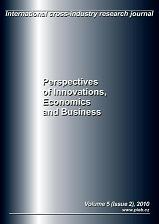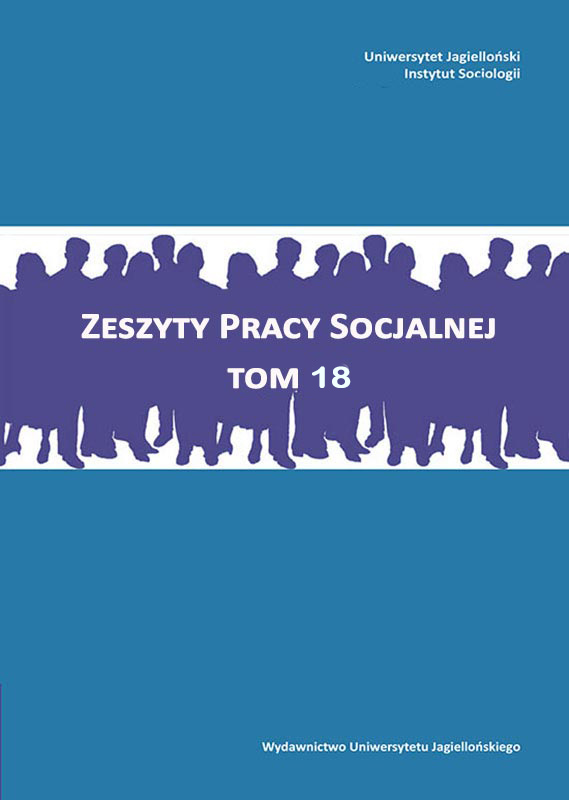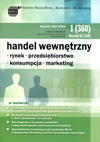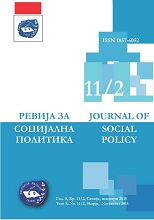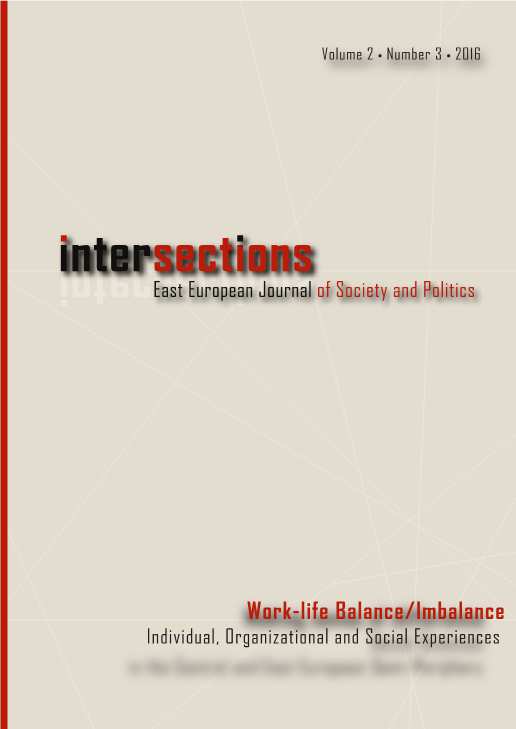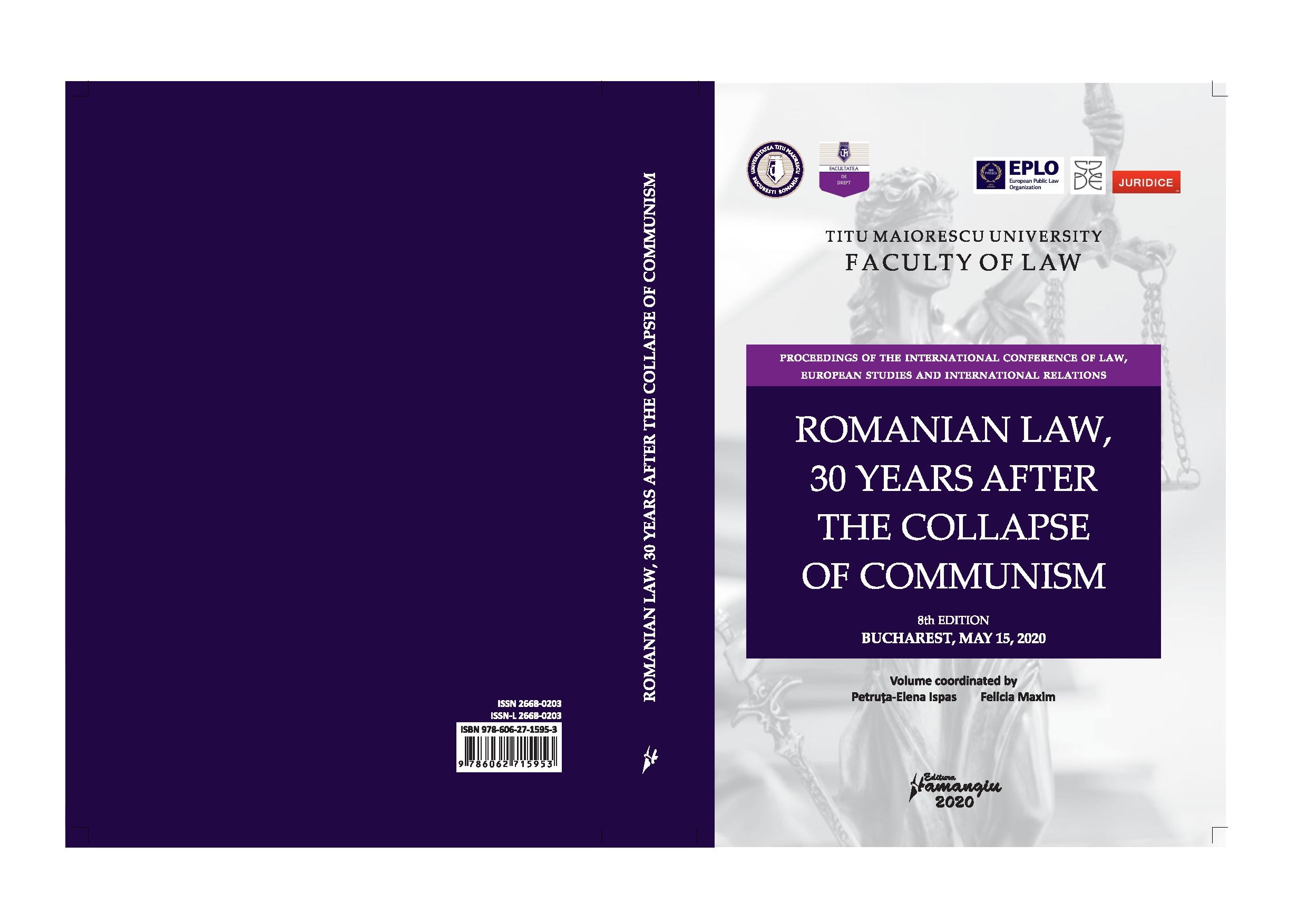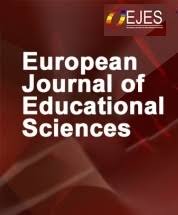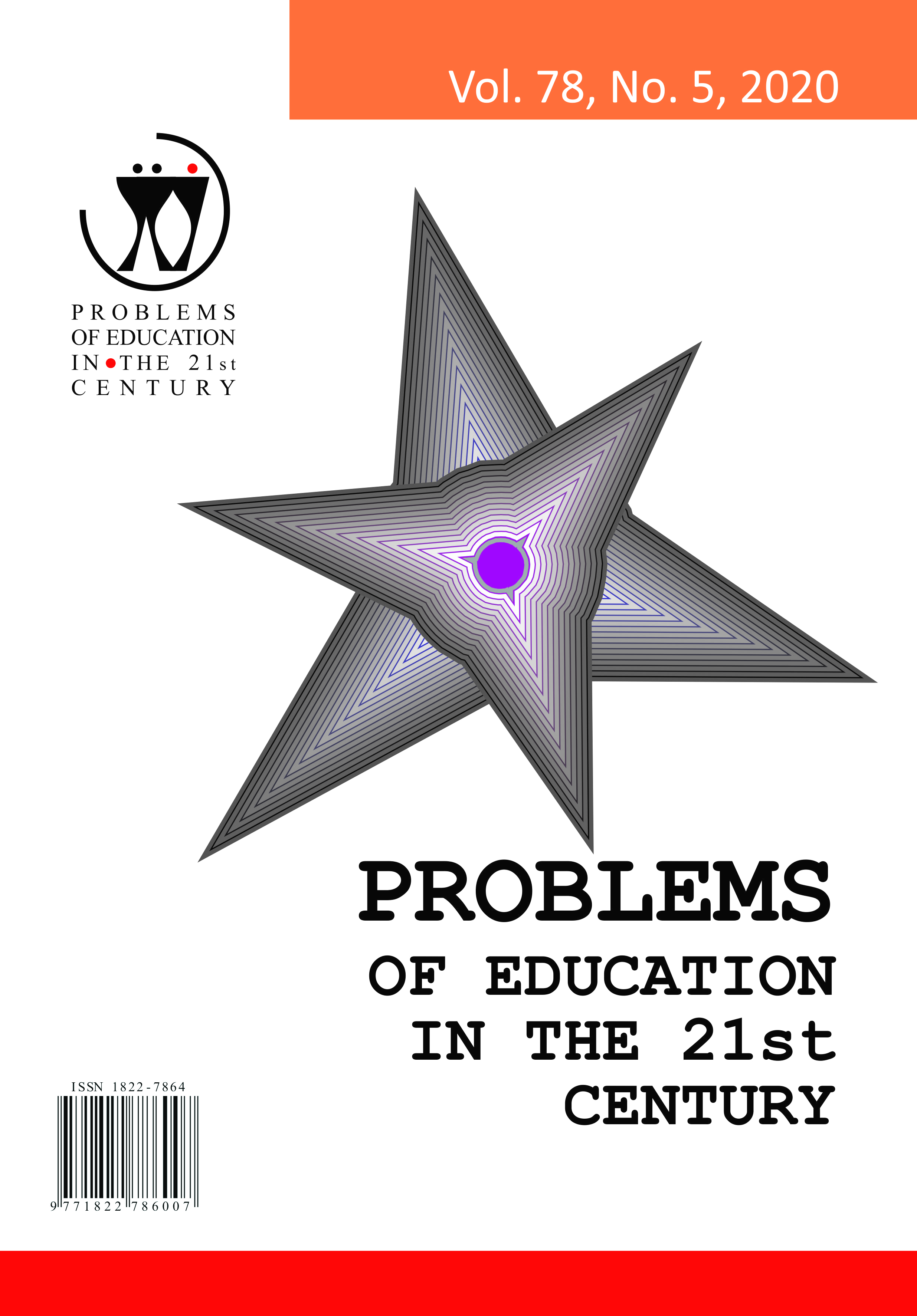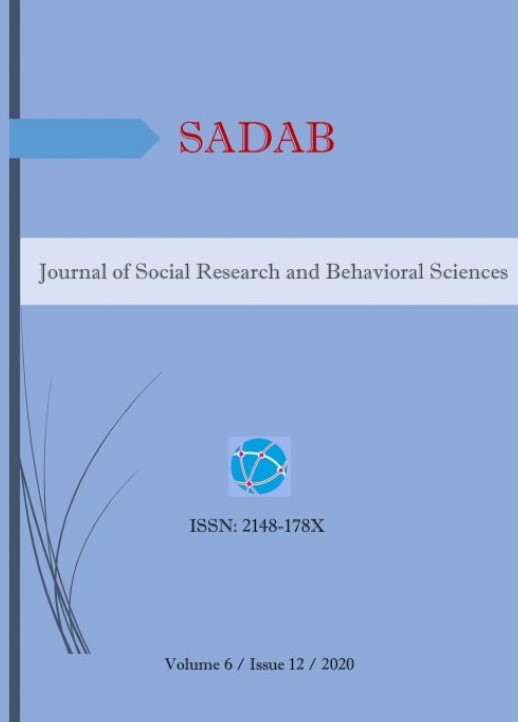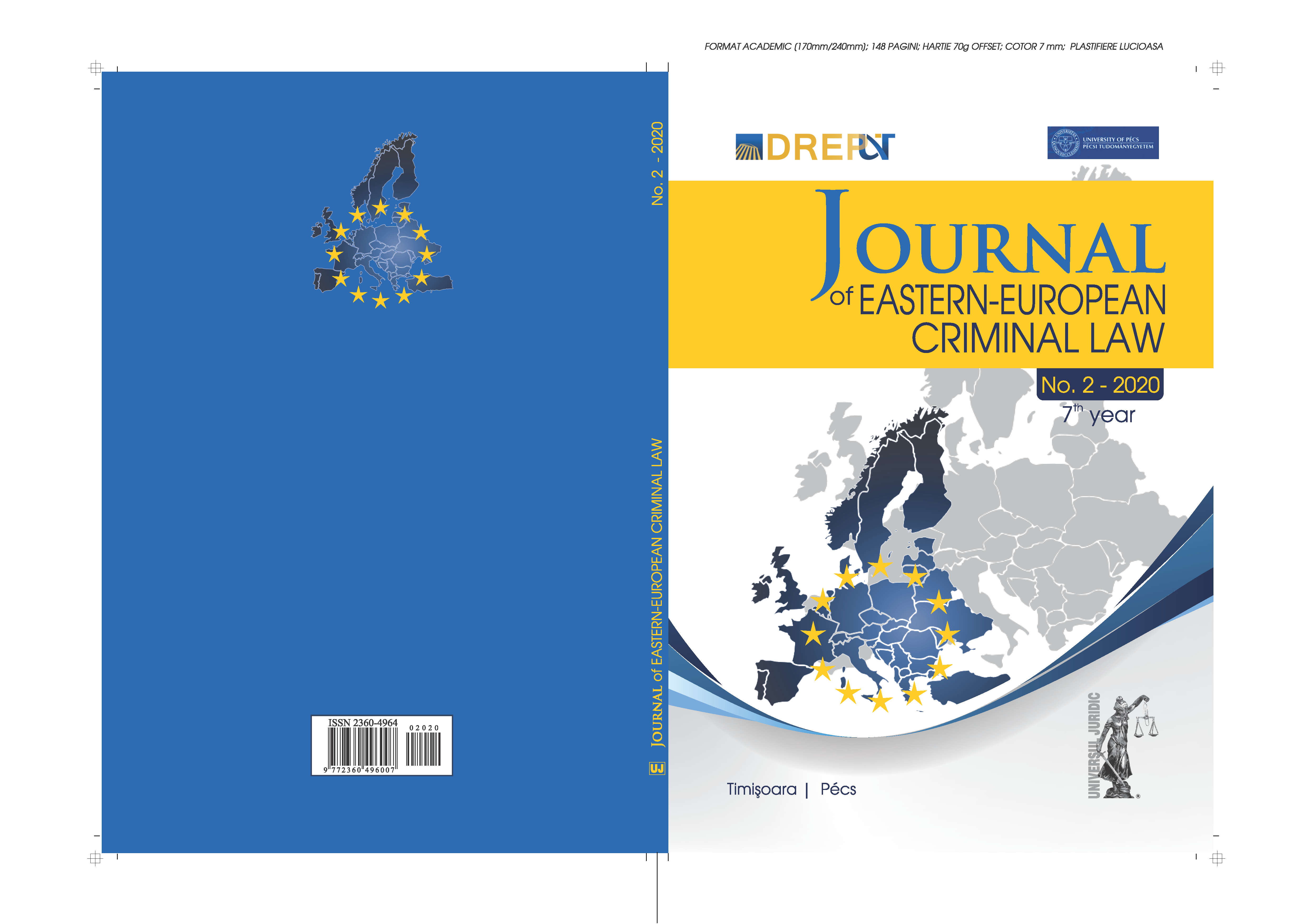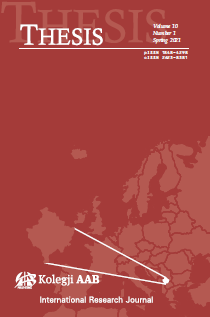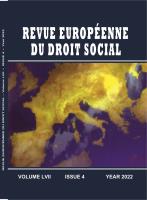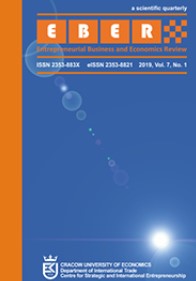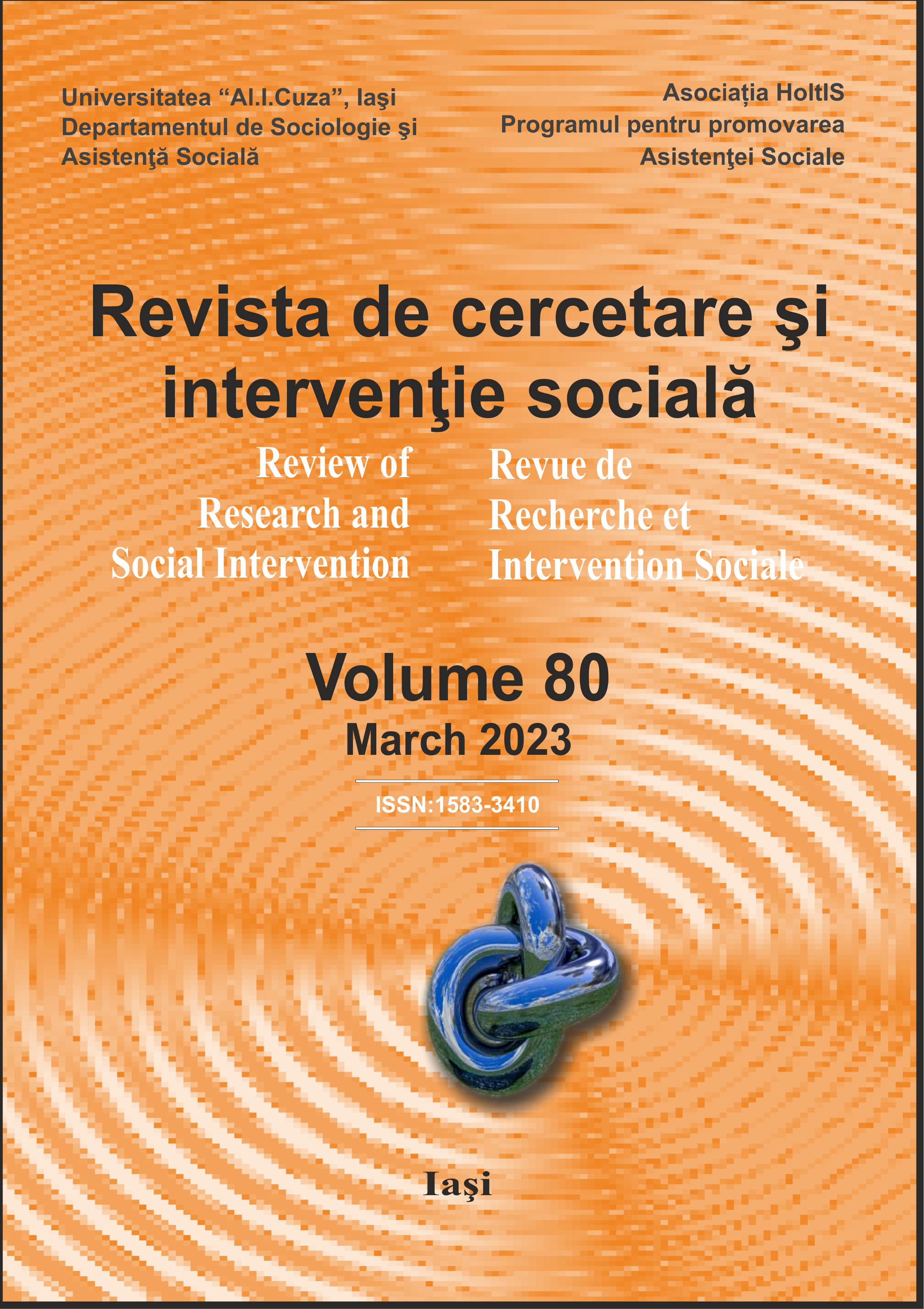TRAINING IN SOCIAL WORK – AN ANALYSIS FROM THE PERSPECTIVE OF STUDENTS WITHIN ”ALEXANDRU IOAN CUZA” UNIVERSITY OF IAȘI
Author(s): Mihaela Rădoi,Gabriela Irimescu / Language(s): English
/ Issue: 1/2017
Keywords: students; professional training; education system; social work;
Emerged in late 19th century, social work has a particular specificity among current professions; it has evolved continuously to respond to the multiple challenges triggered by issues of the ever-changing society. Because it is a profession of many faces (Sheafor, Morales, Scott 2011) but also a socially constructed profession (Payne 2011), social work acquires distinct notes from one society to another, from a historical and from a geographical, social, economic, political and cultural standpoint. Social work was influenced by various social, political and theoretical circumstances, which determined a constant modification of functions and practices in general. Because it is a rather new profession evolving and changing at a fast pace, social work must respond to the multiple challenges concerning the quality of professional training and the quality of provided services, implicitly.
This study represents an analysis of the social work school in Iași from the perspective of undergraduate and master students within the Faculty of Philosophy and Social-Political Sciences. The main directions of analysis were the following: access to the education establishments and previous experience/volunteer work, the training of competences in social work – the education process and the educational resources, the challenges of social worker profession, the access to the national and international labour market, the Erasmus experience and the migration of workforce.The study shows that it is necessary to adapt the curriculum to the new social issues, to get practitioners more involved in the education process, to allocate more time for practical/applied disciplines to the detriment of theoretical ones. The study also reveals the desire of young social work graduates to work in the system and to change whatever does not work (based on their experiences) for both them-selves and those around them.
More...
